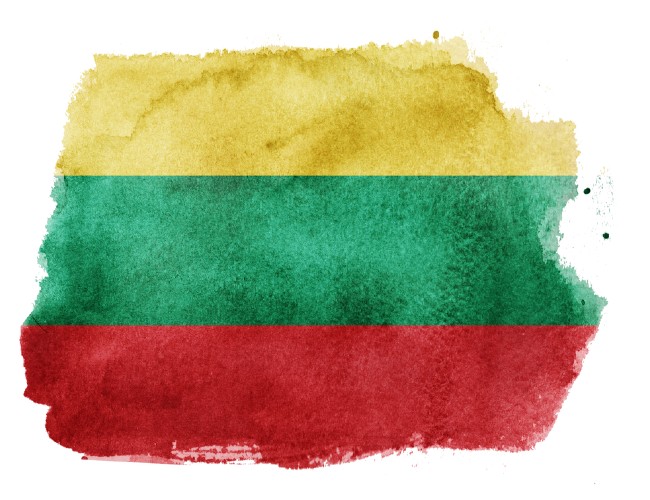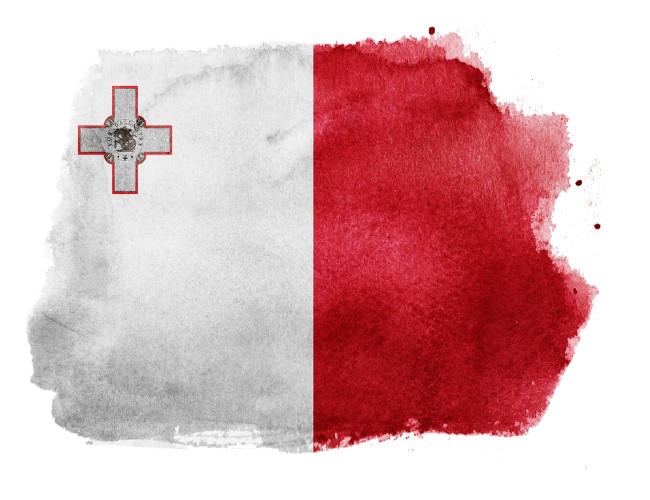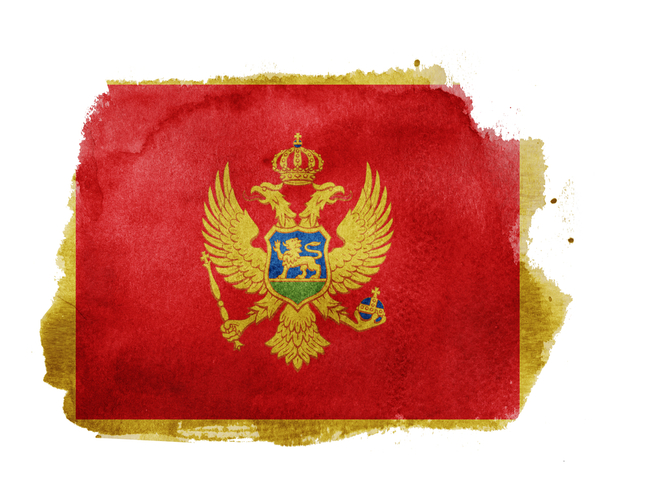What is the Eurovision Song Contest?
Started way back in 1956 as a way of drawing a fractured Europe back together with the healing power of music, the Eurovision Song Contest, or Concours Eurovision de la Chanson – the contest is telecast in both English and French – is open to all active members of the European Broadcasting Union, which oversees the competition.
Each country is permitted to submit one three-minute song to the contest – a song which is selected by a variety of means, usually a winner-takes-all competition such as Sweden’s renowned Melodifestivalen – which their selected entrant performs in one of two semi-finals in the hopes of making it to the glittering grand final.
Only six countries have direct entry into the grand final
- The Big Five who fund most of the contest – UK, Germany, France, Italy and Spain
- The host country (which is the winner of the previous year’s contest); this year that country is Switzerland.
The winner is chosen by a 50/50 mix of viewer votes (you cannot vote for your own country) and a jury of music industry professionals in each country, a method which was chosen to counter the alleged skewing of votes based on political and/or cultural lines when voting was purely the preserve of viewers at home. (This mix applies only to the grand final; voting in the semi finals is purely by popular vote with no jury involvement.)
Past winners include, of course, ABBA in 1974 with “Waterloo” and Celine Dion who won for Switzerland in 1988 with “Ne partez pas sans moi”.Above all though, the Eurovision Song Contest is bright, over the top and deliciously camp, a celebration of music, inclusiveness and togetherness that draws annual viewing figures in the hundreds of millions.
This year’s event
The grand final of the Eurovision Song Contest 2025, continuing the theme of “United by Music”, will take place in St. Jakobshalle, Basel, on Saturday 17 May with semi-finals on Tuesday 13 and Thursday 15 May. The 69th Eurovision Song Contest grand final will be hosted by Hazel Brugger, Michelle Hunziker and Sandra Studer while Brugger and Studer will host the semi-finals. Swiss broadcaster SRG SSR will host the event, together with the European Broadcasting Union (EBU), will organise the Contest thanks to Nemo’s historic win in Malmö in 2024.
LITHUANIA: “Tavo Akys” by Katarsis
THE ARTIST
Composed of Lukas Radzevičius (vocals), Alanas Brasas (guitar), Emilija Kandratavičiūtė (bass guitar) and Jokūbas Andriulis (drums), Katarsis are hailed by their official Eurovision bio as a band “known for their distinctive sound and emotionally-charged compositions”.
They kicked off their career with the song “Vasara Galvoj Minoras” that has since gone on to become the band’s signature song aka the track the band possibly secretly hates and wishes they never had to sing again (or maybe all those royalties ease the pain of repetition?).
With a sound that eclectically mixes rock, indie and post-punk, Katarsis go lyrically deep – no casual songs about superficial themes here; instead the band explores themes of pain, longing and personal liberation in their music, which it will surprise you not to learn leads to some pretty powerful live performances.
Which you would imagine will come in rather handy on the massive stage and in the huge arena of Eurovision …
(courtesy IMP Awards (c) Patrikas Karpickas / Laurynas Skiotys / Deividas Kryževičius)
THE SONG
They may ramp up things up to a high gear but “Tavo Akys (Your Eyes)” generally keeps in a mid-fi lane, its real power coming the powerful vocals of Lukas Radzevičius who throws a significant amount of bristling emotion into his delivery.
The song may not go massively hard on the pounding, screaming rock but it sustains it raw, painful energy throughout, keeping the song percolating away quite nicely.
The only downside is that the song is relatively staid and monotone throughout and while it definitely makes its presence felt, it doesn’t linger which is not a good thing when you want people to remember you coming voting time.
Look for this to make a blip but not trouble the ranks of the grand final.
LUXEMBOURG: “La Poupée Monte Le Son” by Laura Thorn
(via Shutterstock)
THE ARTIST
If there’s one thing the music scene loves it, it’s a new face which is why no doubt it is in love with Laura Thorn, who is being hailed, by her official Eurovision bio (and it really seems to like her a LOT), “a rising star on the international music scene”.
Is it because she has a Master’s degree in solfeggio and pedagogy, as well as in pop singing? Or that she began dancing at 5 and started solfeggio (vocal exercises that teach pitch and tonal relationships) classes at 8? Or maybe it’s her accomplished playing of the piano and cello which she also started learning when she was but a wee small child?
Who’s to say, bar her breathlessly excitable bio, but suffice to say that Thorn has an aptitude for music with chamber music, harmony, counterpoint, sight-reading for strings and keyboard, as well as choral conducting all subsequently added to her seriously impressive repertoire.
But being the human dynamo that she is, Thorn keeps herself busy, when she’s not performing, working a day job as a teacher at the Conservatoire de Musique in Esch/Alzette in the south of Luxembourg.
(courtesy Eurovision.tv (c) Massen Photography)
THE SONG
Sung in bouncy French, with a smile ever present on her hyper enthusiastic face, Thorn’s song “La Poupée Monte Le Son (The Doll Turns up the Volume”) has lyrics that don’t match the cheery melody.
A declaration of feminine power, the song vibrantly challenges the idea that any man will ever control her and manipulate her and reinforces the idea that she is the one determine her destiny and no one else.
It’s a clever mix of the lyrically intense with the musically right, very much mirroring the Scandinavian of mixing light and dark with emphatic effect.
Thing is, while the song makes a lyrical impression, it’s not that memorable overall and may scrape into the grand final by dint of Thorn’s garrulously joyous delivery which is a huge amount of fun to watch.
MALTA: “Serving” by Miriana Conte
THE ARTIST
Miriana Conte is one of those artists who seems to have it all.
A powerful voice, a gift for memorable performances that come alive, and an approach to music that her official Eurovision bio labels as “fearless”.
Which is pretty much the only reasonable approach in an industry that eats emerging and established artists for breakfast and which has no doubt stood the singer in good stead over the controversy over the original title of her song (more on that later).
Merging together a range of sounds from pop to more edgy and dynamic elements (whatever they may be), Conte brings her a “bubbly and quirky character” to everything she does, personally and professionally
Active in music since she was a child, a fairly common trend among many Eurovision performers, Conte is a trained singer with a “passion for performance” who first attempted to represent her home country in 2017 when she first put her hand up for Eurovision.
Not successful then but definitely a huge ticking of the aspirational box now, Conte is ready to make her eight-year-old dream come true this year in Basel.
(courtesy Eurovision.tv (c) Edward Degabriele)
THE SONG
Now while her entry is now called “SERVING”, it was originally called “KANT” which the singer and the Maltese delegation maintain steadfastly was the word for “singing” in Maltese (quite true; it is) but which when sung sound suspiciously like, no, EXACTLY like, a well-used phrase that represents strong feminine energy.
In the end, it didn’t matter what Conte and her team said the song was really about, what the European Broadcasting Union heard was a fairly explicit word and so the song has been reborn, with its chorus not slyly skipping around anything that might upset the delicate sensibilities of Eurovision voters.
The clip now addresses the controversy, real or imagined, before heading into the song as it pretty much was with the song now saying “Serving ahhhh” which is all sweet and lovely and suggestive rather than out there for all to see.
But is the song any good? It’s catchy as hell for sure and with the artist’s gift for live performances, this could do very nicely at this year’s event, regardless of what you think she might be singing (and yeah, she pretty much is).
MONTENEGRO: “Dobrodošli” by Nina Žižić
THE ARTIST
While some of this year’s crop of Eurovision hopefuls might be new on the scene, Nina Žižić has been around for a couple of decades, with her time in the musical spotlight marked by not one but two Eurovision appearances.
She first graced the contest back in 2013 alongside the Montenegrin hip-hop duo Who See whose song “Igranka” has become one of those Eurovision fan favourites and is now, of course, ready to make a name for herself on her own terms.
She wasn’t always a solo act though with the singer starting off her career in the group Negre before leaving to record a slew of super successful singles such as “Strogo Povjerljivo”, “Rijeka Suza” and “Zabranjujem”.
Her chart success led to her being an in-demand festival performer and likely led to her success at the inaugural Montesong which now has the task of selecting the entrant for the Balkan country for Eurovision.
(courtesy Eurovision.tv (c) Nada Vojinovic)
THE SONG
But has all that chart and festival success led to someone who can make her presence felt in the crowded field of the Eurovision Song Contest?
Possibly – she has a gift for an arresting performance with her song “Dobrodošli” a nuanced and gorgeously intense song that benefits from the emotiveness the singer brings to her performance.
If you check the English lyrics, the song seems to be poetically welcoming to a “staging of love” which could mean everything and nothing; suffice to say this is a song with angst and melancholic energy aplenty which, while it won’t win the contest, should make for a mesmerising performance.
It won’t not make into fab favourite territory however …
THE ARTIST
Imagine being hailed as “vocal miracle from Vranje”?
Would you feel a need to multiply bread and wine? heal the sick? Vanquish your enemies with a fantastical flick of your miraculous wrists?
Or perhaps you just do what Princ aka Stefan Zdravković does and concentrate on singing, playing the guitar and drums and perforating in a band band and in the Serbian production of Jesus Christ Superstar.
You could also enter The Voice of Bulgaria because, why not I say, and reach the top 12 of 4000 hopefuls which is pretty miraculous in and of itself.
Alas, his hailing as a miracle did not garner him the gig as Serbia’s entry back in 2023, but whatever dimming of his miraculous self happened then has now abated with Princ well and truly on his way to Basel.
(courtesy Eurovision.tv (c) Nikola Glišić)
THE SONG
The lyrics of “Mika” suggest an artist who may every bit as attuned to spirituality as his breathless hailing as miracle suggests.
It talks of last suppers and Hades but rather than being a dark descent into hellish night, the song celebrates the power of love to bring you back from the edge or not with the song talking as much of betrayal as salvation.
Whatever the lyrical focus, Princ has the vocal goods to nail the song which is more of an overwrought ballad than anything else, and while there is definite real passion to be had here, it dissipates almost as quickly as it arrives.
Earnest and heartfelt yes, but it’s not really certain it will do much more than occupy some semi final real estate before backing off, like the back up dancer, into the dark.
SEMI-FINAL 2 TOP TEN
All of these reviews, bring us to the end of semi-final 2, beg the question – which ten acts do this humble reviewer think will make it through to the grand final and possible Eurovision glory?
AUSTRALIA: “Milkshake Man’ by Go-Jo
CZECHIA: “Kiss Kiss Goodbye” by ADONXS
DENMARK: “Hallucination” by Sissal
FINLAND: “ICH KOMME” by Erika Vikman
GEORGIA: “Freedom” by Mariam Shengelia
GREECE: “Asteromáta” by Klavdia










